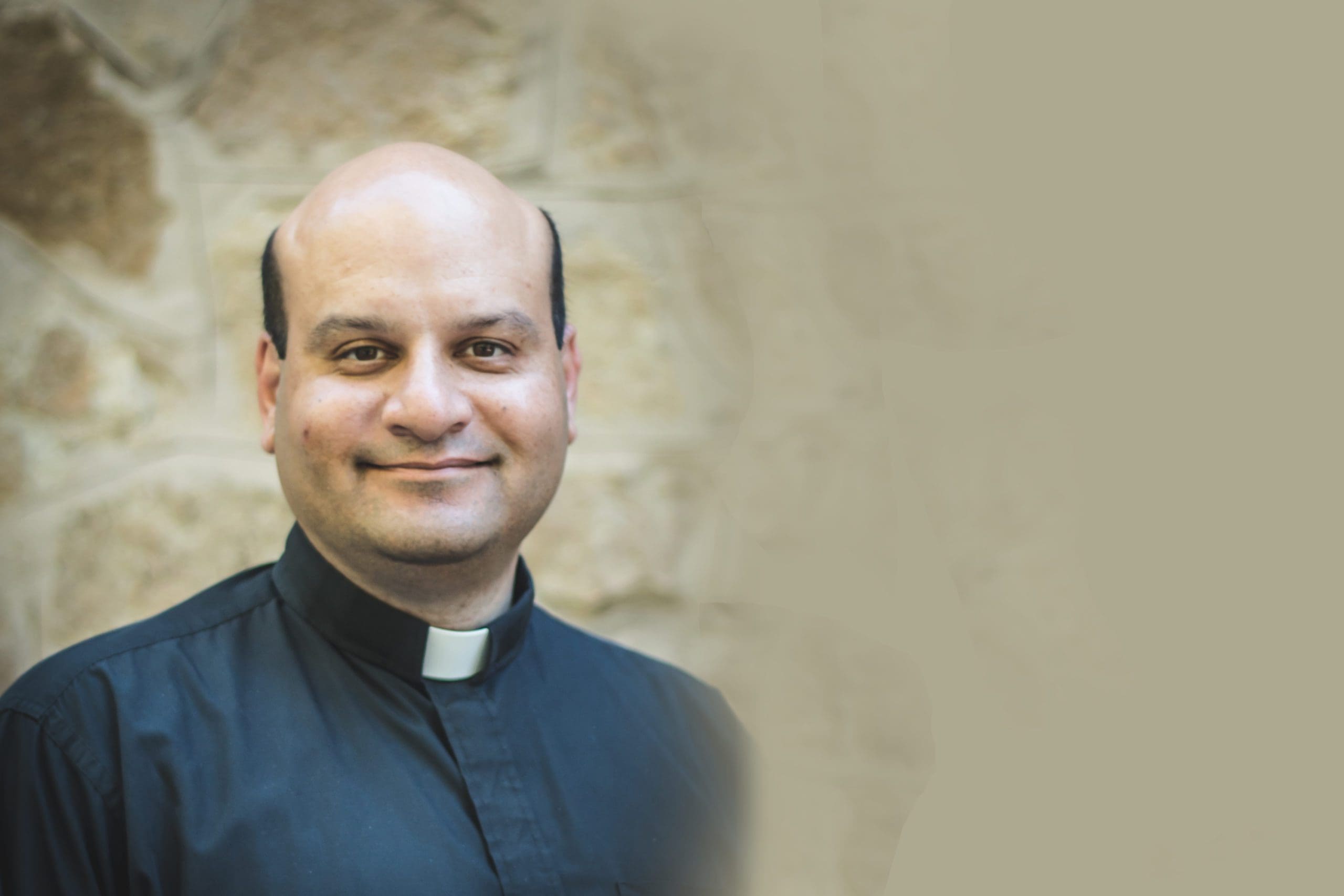Next week, Pope Benedict XVI will mark the 60th anniversary of his priestly ordination. Reflecting on his priestly service in a 1996 interview book, Salt of the Earth, he spoke of his shift in 1977 from the professor’s chair to the bishop’s seat.
“I had, of course, very great doubts at first about whether I should or ought to accept the appointment,” Cardinal Joseph Ratzinger explained about the decision of Pope Paul VI to make him archbishop of Munich:
I had little pastoral experience. I felt that, in principle, I was called from the beginning to teach . . . I then took counsel and was told that in an extraordinary situation such as we live in today, it is also necessary to accept things that don’t seem to be in the direction of one’s life from the beginning. Today the problem of the Church is very closely tied to that of theology. In this situation, even theologians have to be available as bishops. So I accepted.
Professor Alasdair MacIntyre would be sympathetic to Ratzinger’s reluctance to leave academic theology to become a bishop. He has long argued that theological confusion corrupts the pastoral mission of the church—indeed, that theology is not separate from the pastoral mission of the church. In this latest book, MacIntyre makes a similar case for philosophy, arguing that in abandoning the Catholic philosophical tradition, the university has impoverished both the life of the church and the world.
“For by eliminating mention of God from the curriculum altogether (departments of religious studies concern themselves with various types of belief in God, not with God), or by restricting reference to God to departments of theology, such universities render their secular curriculum Godless,” MacIntyre writes. “And this Godlessness is not just a matter of the subtraction of God from the range of objects studied, but also and quite as much the absence of any integrated and overall view of things.”
It’s an argument Benedict has made repeatedly during his pontificate: namely that the world of reason—philosophy—needs the breathing space, the broader horizon, the deeper vision, provided by faith. Faith prevents reason from becoming turned in on itself, failing to provide a coherent and expansive account that integrates the various fields of study. Reason alone provides certain knowledge; something more is needed to achieve wisdom.
MacIntyre’s account of the Catholic philosophical tradition is the story of how philosophy has been done rigorously as philosophy, but animated by the data of revelation. It is a story that takes us from before Augustine to the present day, and MacIntyre is a reliable guide.
In his chapter on Augustine, MacIntyre notes that the great scholar-bishop—in earlier times, too, it was necessary for scholars to become bishops—explored the question of existence and certainty by stating that even if he was deceived, he knew he existed, because only one who exists could be deceived.
“So Descartes’ later ‘cogito, ergo sum‘ was anticipated by Augustine’s ‘Si fallor, sum‘,” MacIntyre writes.
It’s that kind of nugget that makes MacIntyre a delight. Without ostentation he displays his great learning, pointing out, almost in passing, that what many an undergraduate thinks is the height of modern philosophy was actually knocked out by Augustine more than a millennium beforehand.
It’s that millennial tradition that MacIntyre argues gave rise to the university in the first place—religious scholars who sought to master and integrate the various disciplines of philosophy, including natural philosophy, or what today we would call science. That same tradition needs to be rediscovered if the university today is to provide any compelling account of the good life, let alone the world and man’s place in it.
MacIntyre too has a word for those believers who might think it better to leave philosophy behind altogether. Given the radical scepticism and relativism that dominates most philosophy departments today, it is certainly understandable that believers may opt to spare themselves for engaging in debilitating intellectual combat. But in principle, the Christian believer ought to lead the charge for the place of philosophy in a humane education.
“First, reason has its own distinctive way of approaching the mystery of God’s existence through its systematic questioning,” MacIntyre writes. “God’s self-revelation to Israel and in Jesus Christ presupposes and does not make redundant this questioning work of philosophy. Second, revelation provokes and elicits new questions by making human beings aware of dimensions of their existence and relationships that they had not hitherto recognized, so that philosophy is set still further tasks.”
MacIntyre concludes his book with a chapter on the 1998 encyclical by Blessed John Paul II, Fides et Ratio—Faith and Reason. Both are needed, that document began, so that the human person, could with “two wings” could approach the truth. MacIntyre’s latest gives encouragement to that flight.

